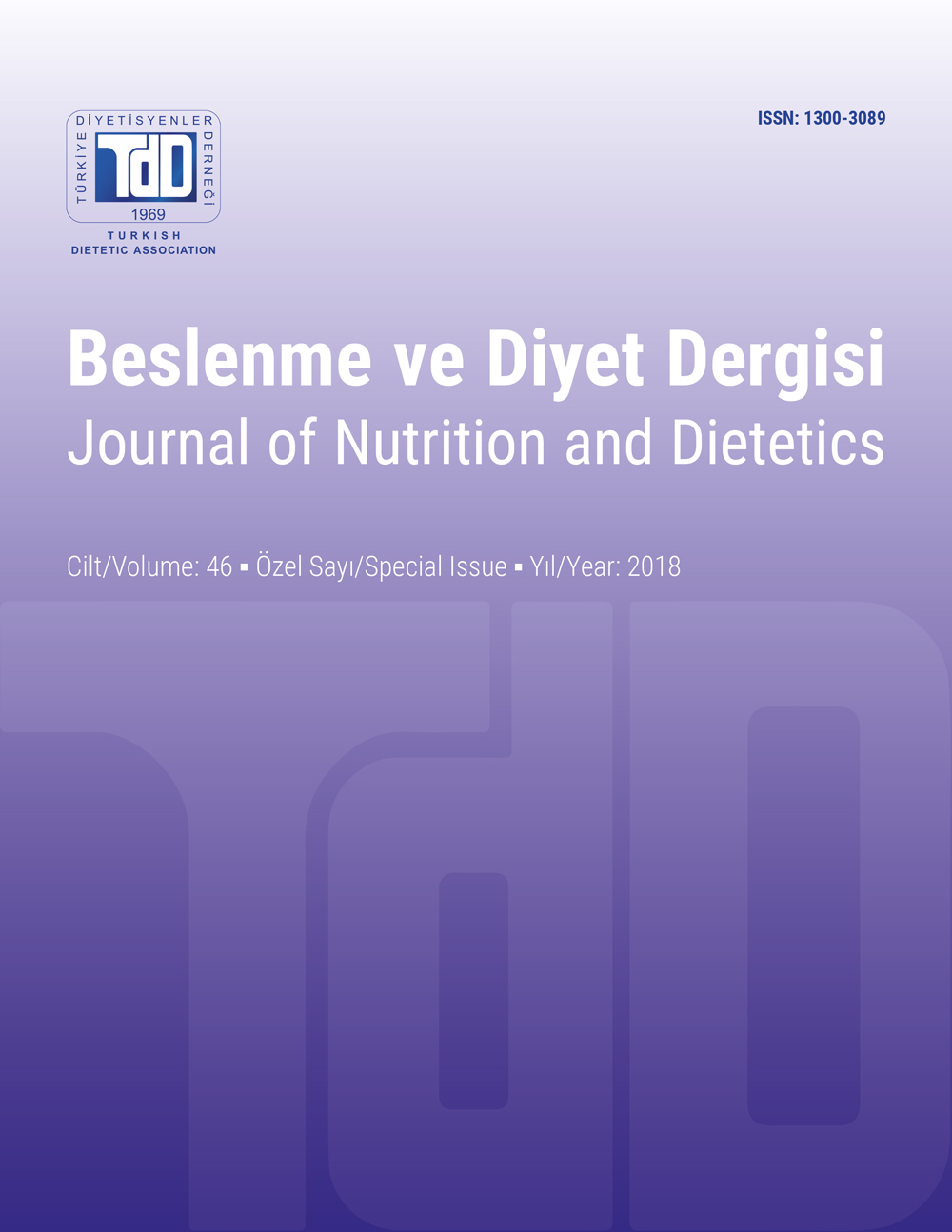Kidney Diseases and Protein Metabolism
DOI:
https://doi.org/10.33076/2018.BDD.1165Keywords:
Kidney diseases, protein metabolism, amino acids, nutritionAbstract
The kidneys are known to have important roles in pathways such as the synthesis, degradation, filtration, reabsorption and excretion of the amino acids and peptides in protein metabolism. Kidneys that contribute to the metabolism of amino acids with many functions such as phenylalanine-tyrosine transformation, arginine metabolism and transmethylation also have important functions for catabolism of low molecular weight plasma proteins and peptides. Many factors such as metabolic acidosis, inflammatory process, protein restriction in the medical nutrition treatment of the disease and dialysis treatment are caused by changes in protein metabolism in kidney diseases. Along with changing protein metabolism, the amount and type of protein taken by the individual diagnosed with kidney disease come to the fore. While very low protein diets are replaced by moderate protein restriction when necessary in patients with non-dialysis renal failure, in patients receiving dialysis, it is appropriate to increase the amount of protein in the diet due to increased amino acid losses and catabolism. The aim of this review is to focus on the role of the kidneys in protein metabolism and the metabolic and nutritional problems that may arise as a result of kidney diseases.

